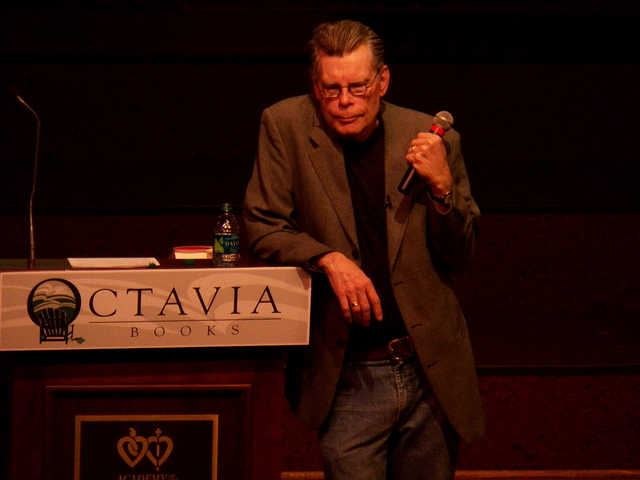All researchers must deal with questions related to their unit of analysis and the related idea of unit of observation. Unit of analysis helps the researcher define what is being studied as well as what aspects are being studied. For dissertations, the importance of this concept is that it provides guardrails to know what is in the scope of your dissertation and what is outside the bounds of what you are examining. More specifically, the unit of analysis describes the level at which you are conducting your study. Are you researching states, universities, schools/colleges, departments, presidents, deans, professors, or students just to name a few levels. If you determine that you are studying universities, this leads to a different focus than if you are studying departments. In this post, I will describe unit of analysis and why it is important for qualitative dissertations.






